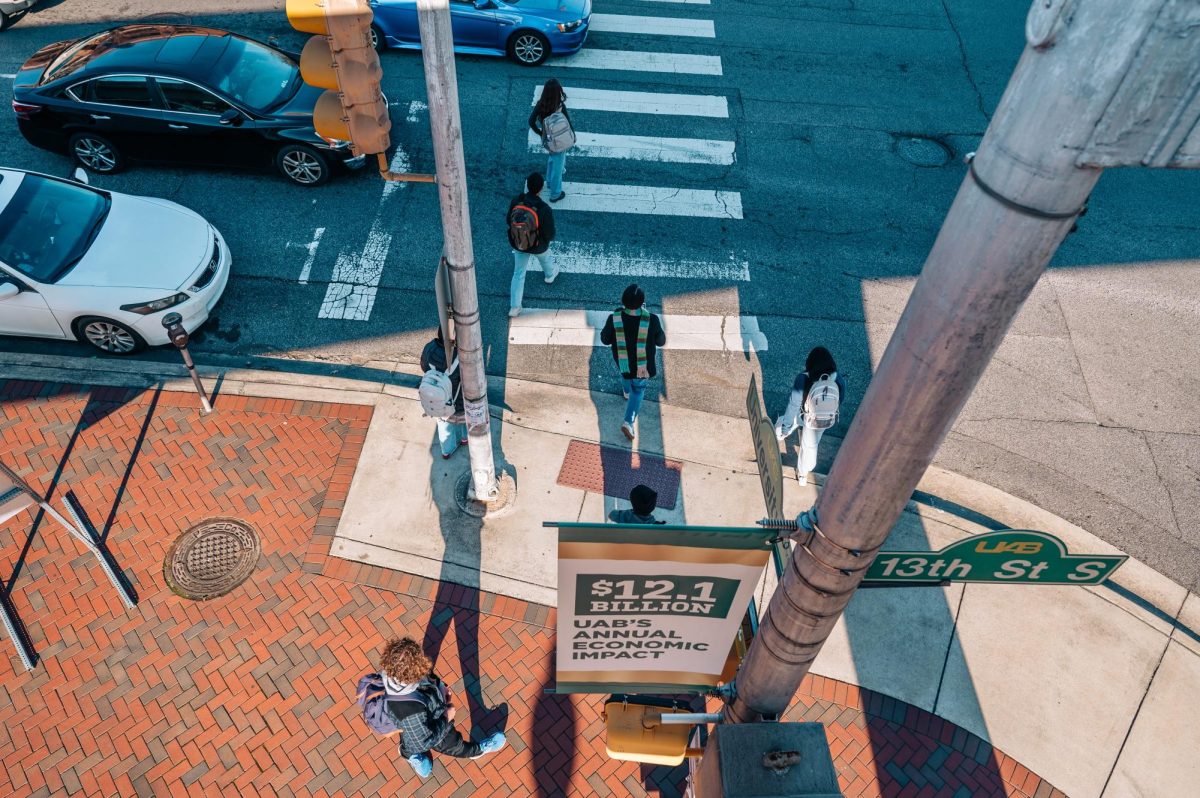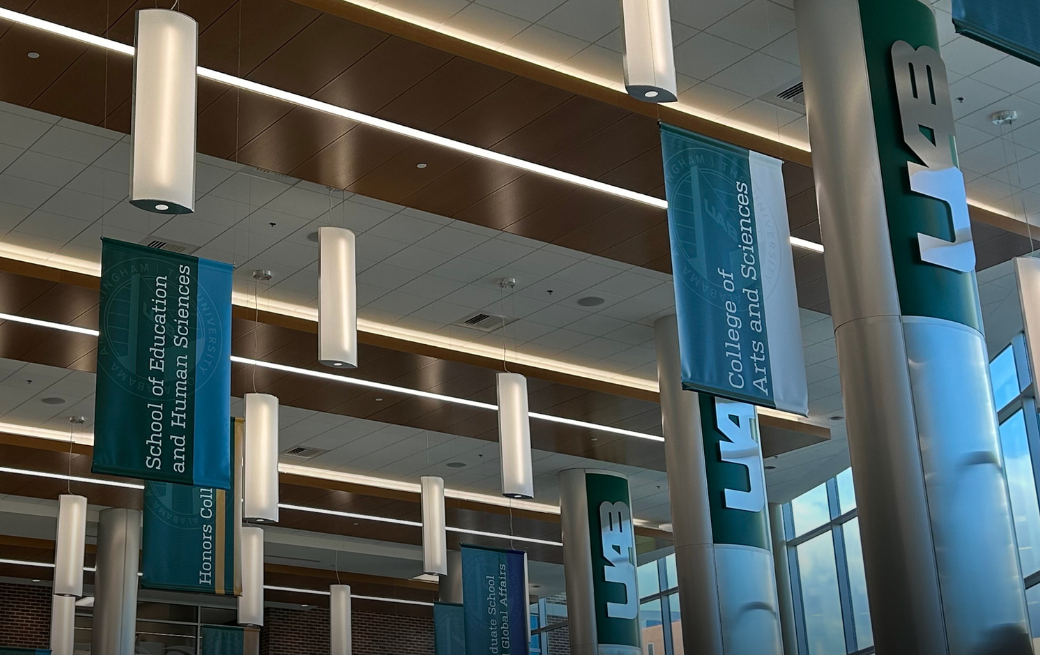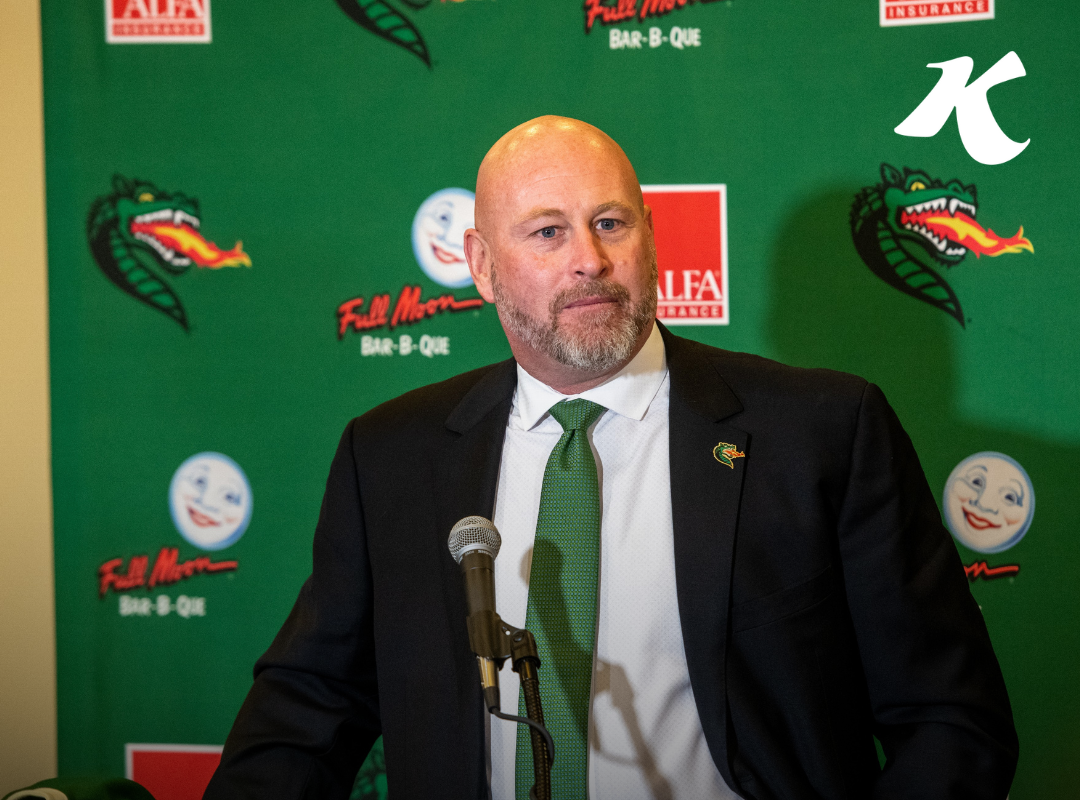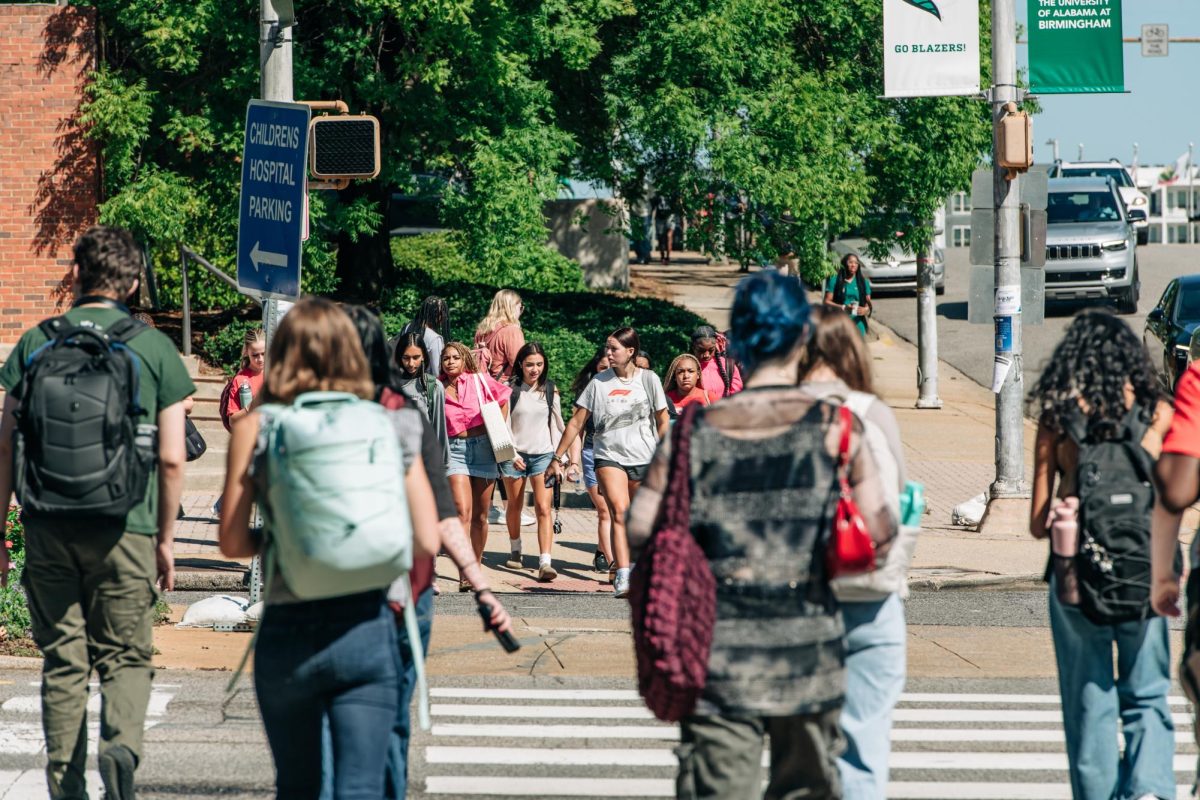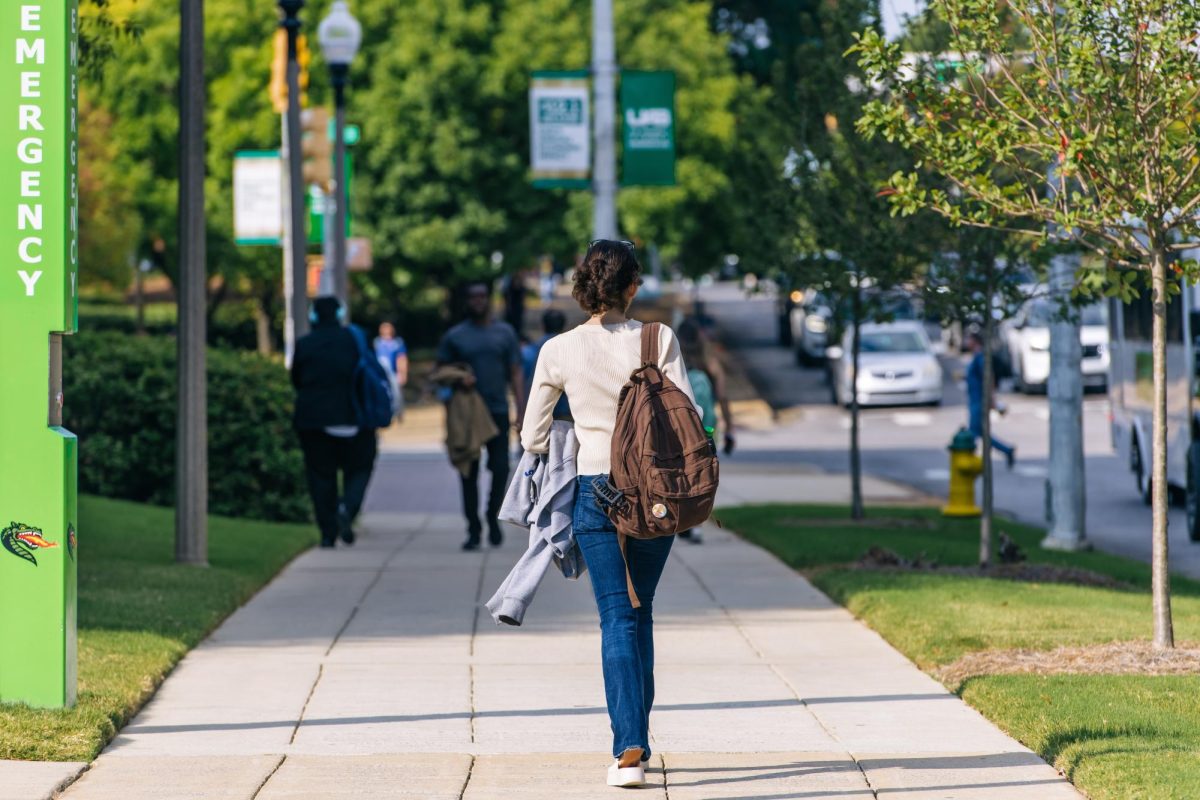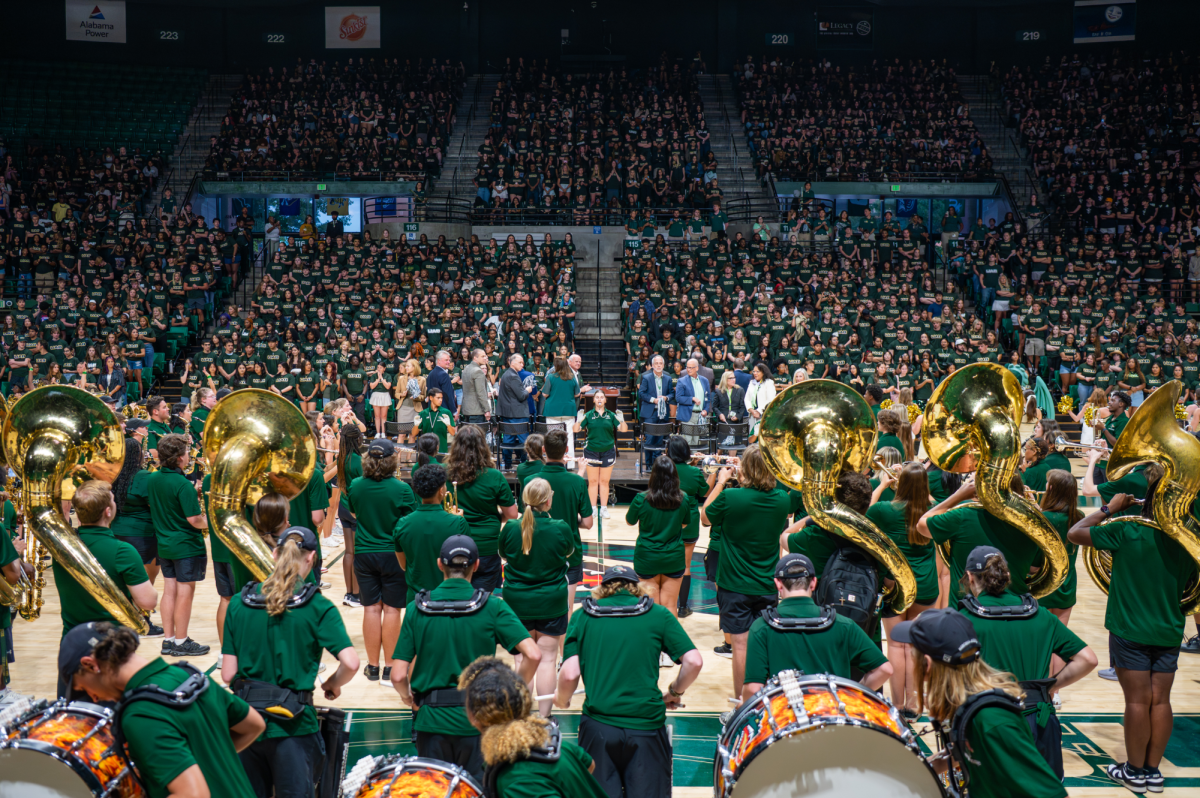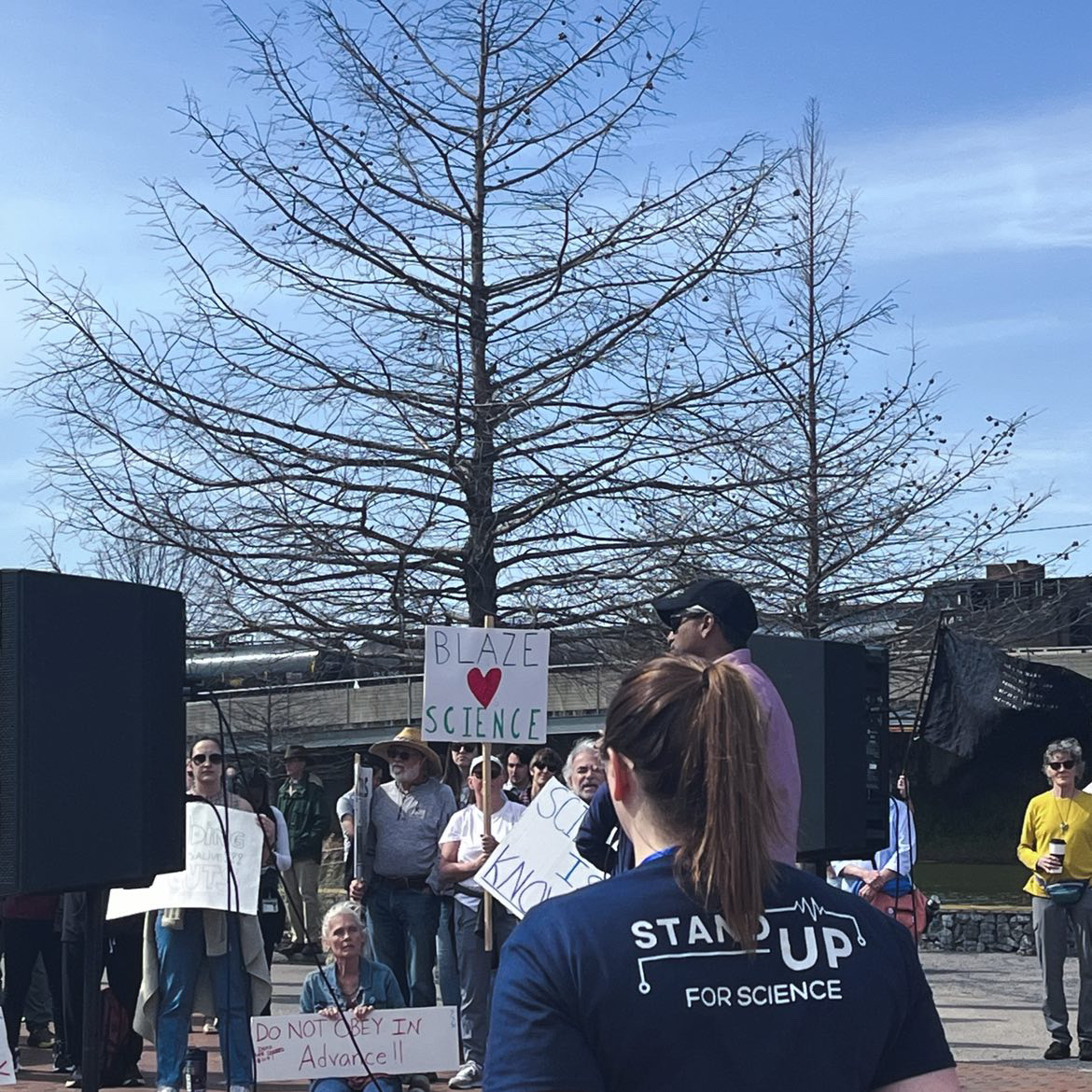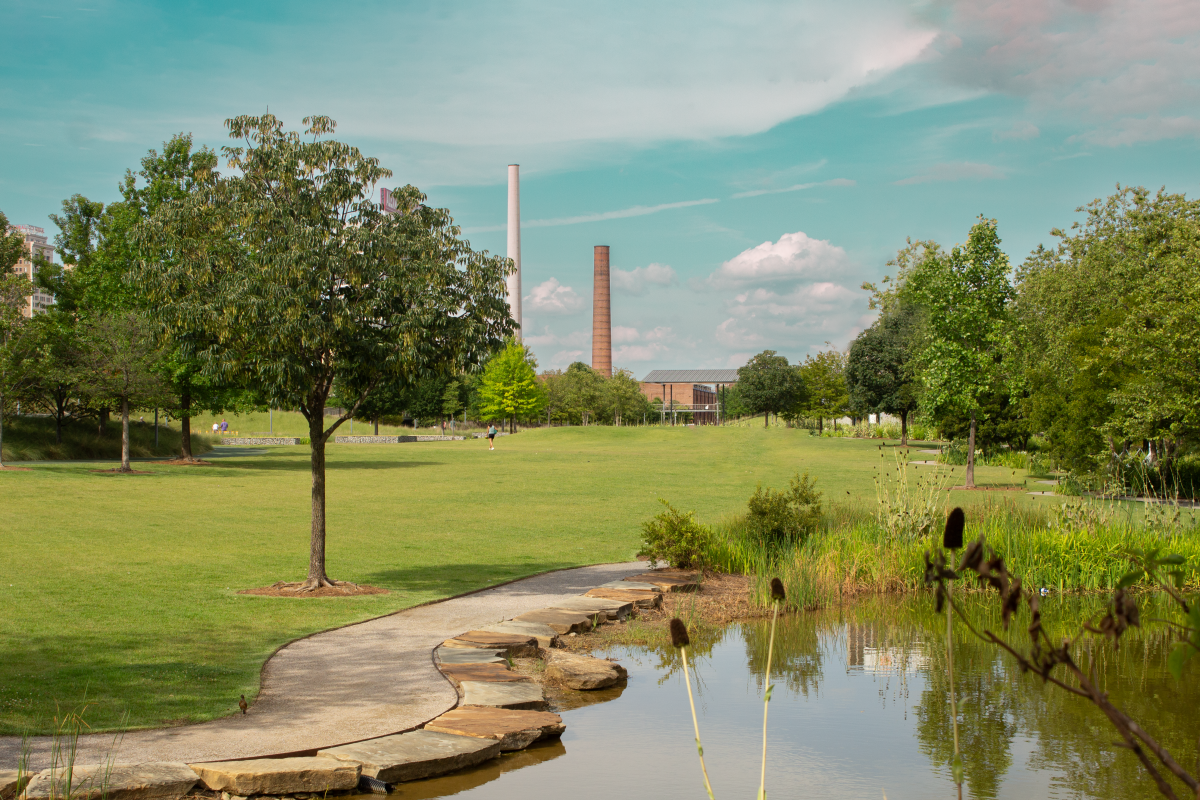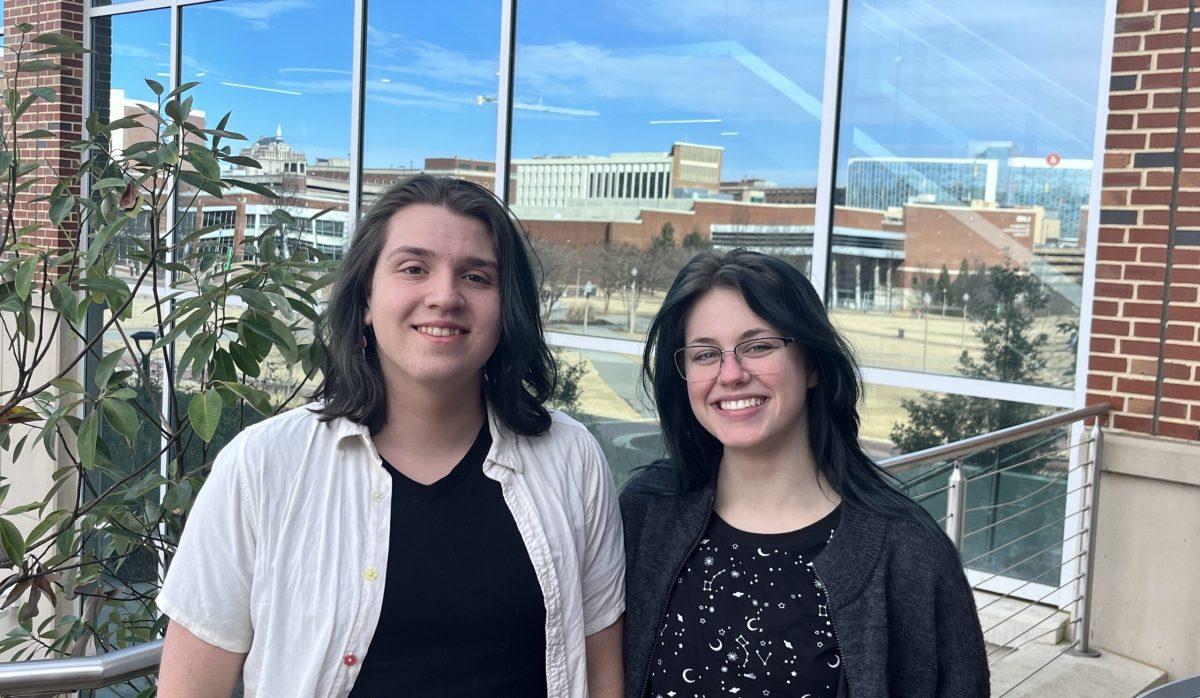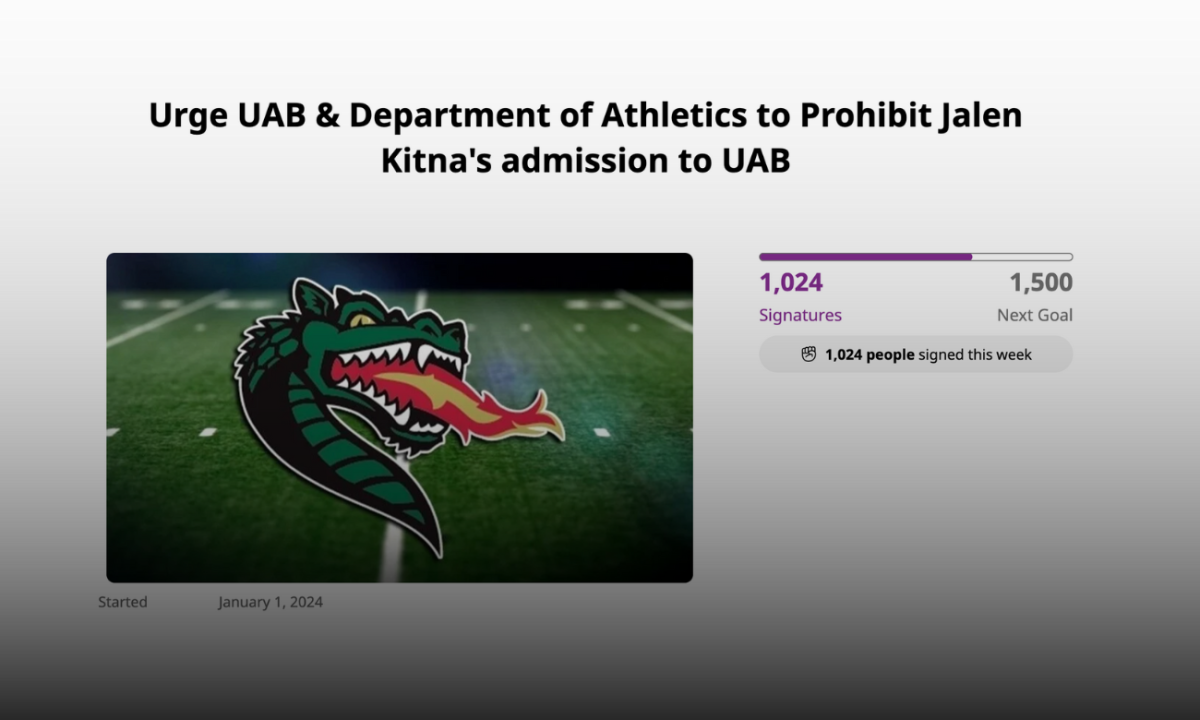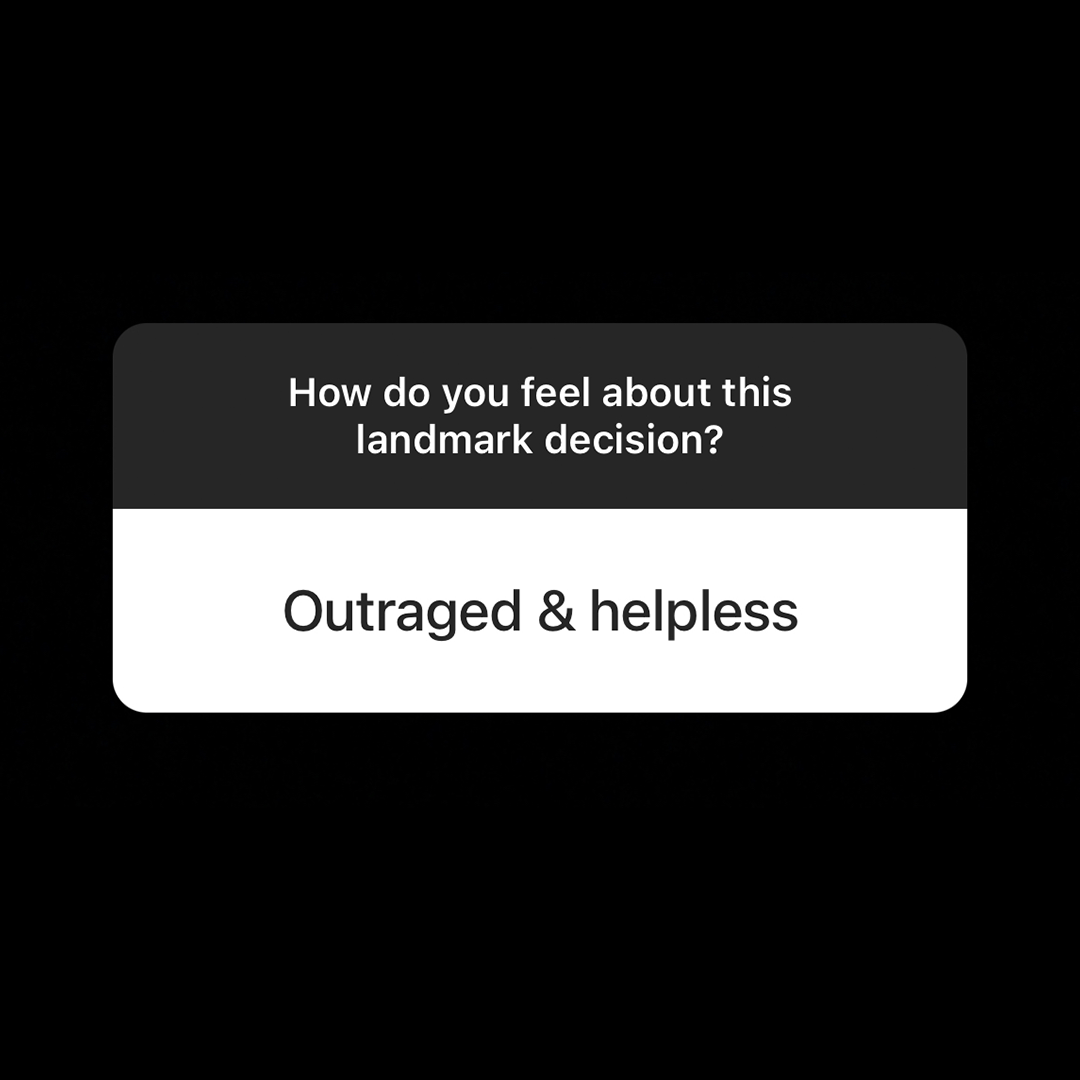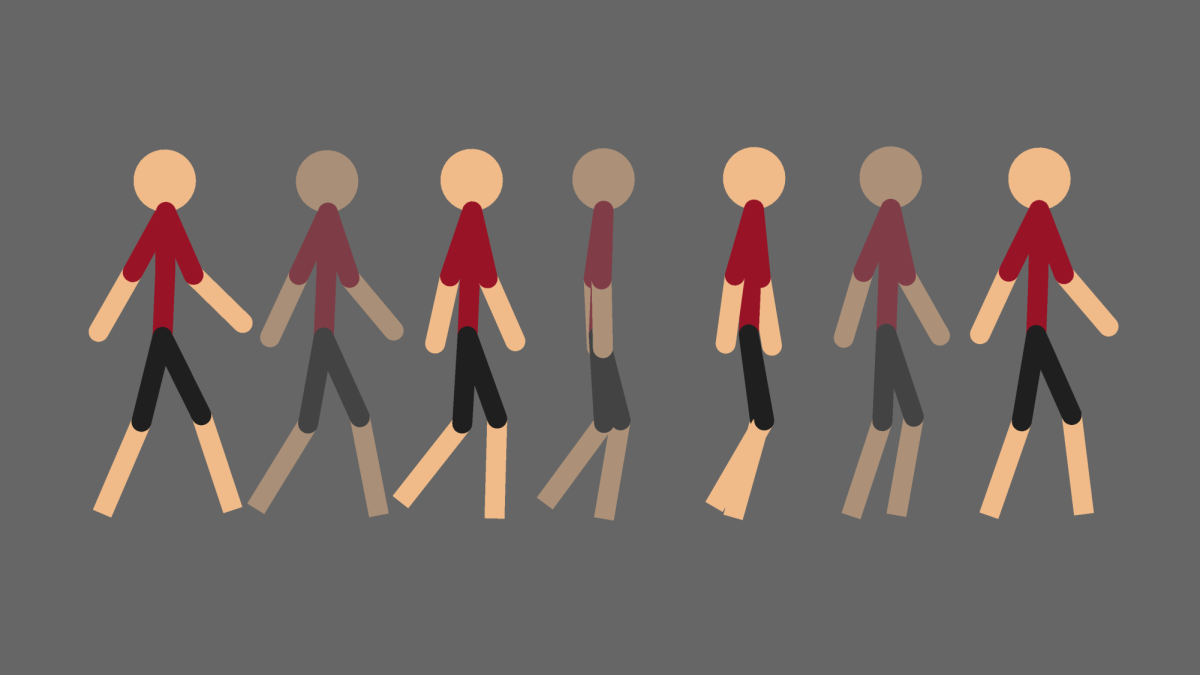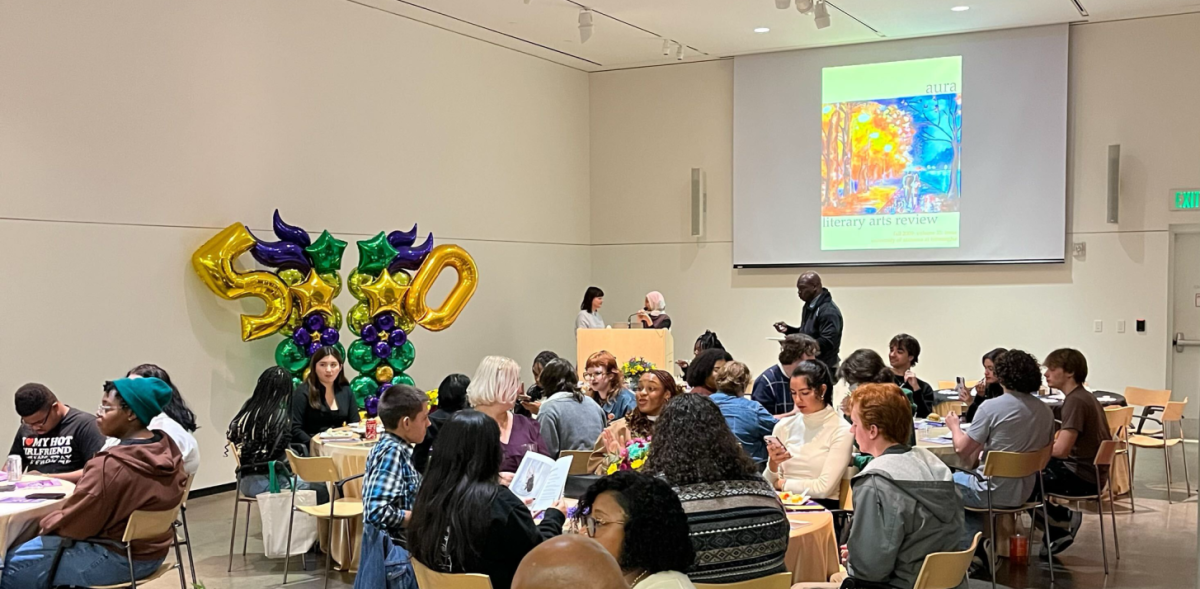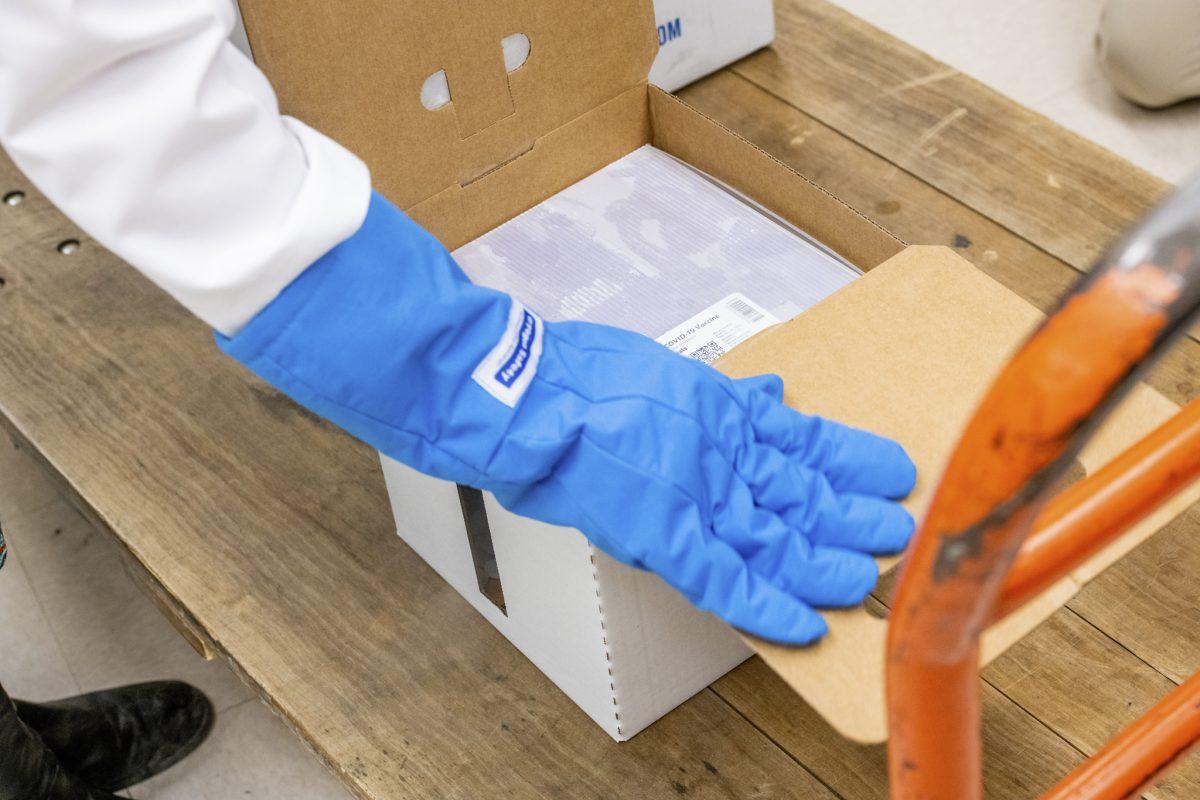UAB Hospital received their first 10,725 doses of Pfizer’s SARS-CoV-2 vaccine today.
The first to be vaccinated are those on the frontlines, with 5,363 hospital based employees from UAB and 2,145 hospital based employees from non-UAB affiliated hospitals receiving the vaccine. In addition to those employees, clinic-based employees and Emergency Medical Service employees will also receive the first doses.
Dr. Sarah Nafziger, co-director of UAB’s Emergency Management Committee, said vaccine distribution will begin on Thursday.
Nafziger said possible side effects of the vaccine are similar to those that can be seen from a flu vaccine.
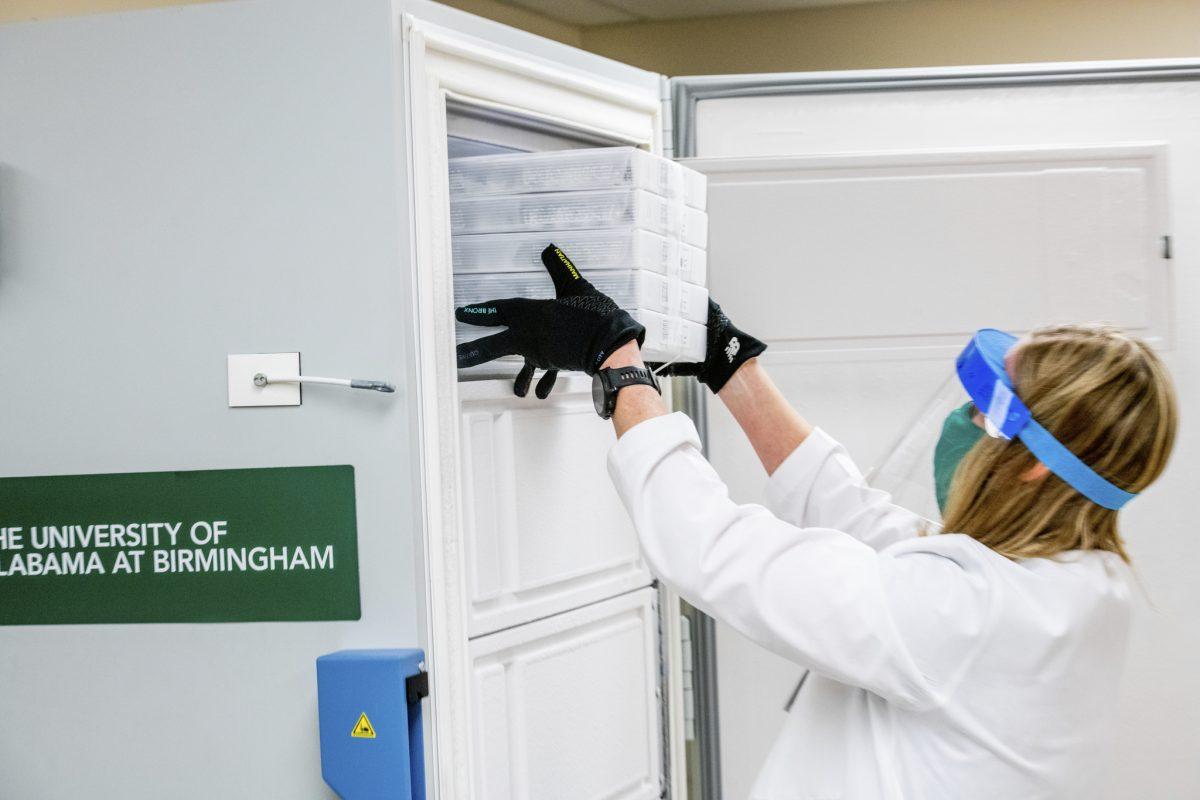
“One of the things that we know about this vaccine is that some people do experience side effects,” Nafziger said. “They have been categorized as mild side effects and things that you might get with any other vaccine, so for example, some soreness at the injection site (or) some mild flu-like symptoms.”
Nafziger said the goal is to administer 1,000 doses of the vaccine per day.
“What we really hope to achieve from these vaccinations are to keep people from acquiring a COVID-19 infection,” Nafziger said. “We do know that we’ve had a significant portion of our staff who have been affected by COVID-19.”
Nafziger said healthcare workers have not been immune to the increased transmission of COVID-19.
“Our hope with distributing the vaccine to frontline healthcare providers first, is that we can keep them healthy and safe so that they can continue to work and not have to take time out because of a COVID-19 infection,” Nafziger said.
Nafziger said administering the vaccine is a tedious process, which means the staff wants to proceed with caution.
“Our goal is to make sure we do this safely and correctly, so we’re using simulations and we’re using a lot of assistance from a lot of other employees on our campus to make sure that we can coordinate this and achieve the end goal at the time we want to achieve it,” Nafziger said. “So we’re going to get everybody vaccinated, we’re going to get all of these doses delivered, but we’re not going to rush it. We’d rather do it correctly than to rush it and make a mistake on the front end.”
Nafziger said it is not known exactly when the public will be able to receive a COVID-19 vaccine.
“The best information that I’m hearing, which of course is speculation, is hopefully the Spring, but we just don’t know the exact timeline for that,” Nafziger said.
